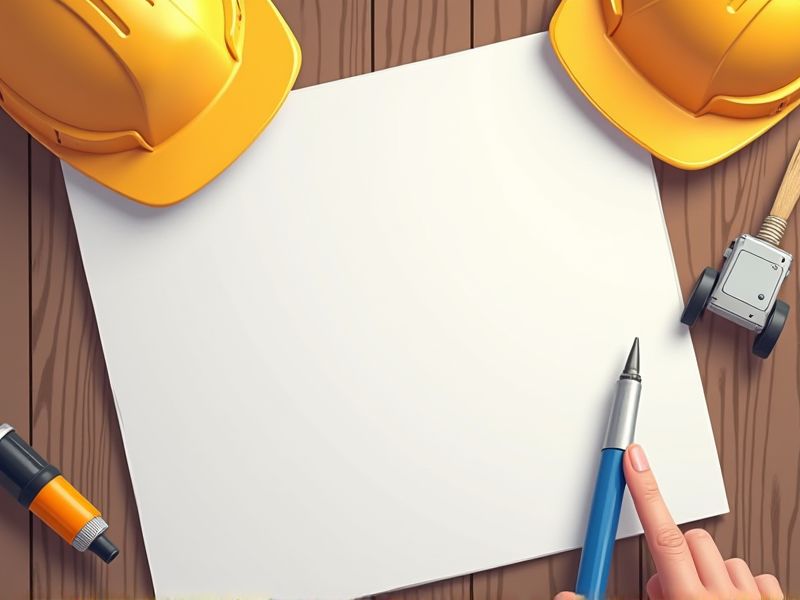
Electric power line installers face significant risks due to the high-voltage nature of their work, which necessitates a thorough understanding of safety protocols. Certifications ensure that installers are well-versed in electrical systems and can operate specialized equipment properly. Moreover, certified professionals are better equipped to handle emergencies and troubleshoot effectively, reducing downtime and enhancing grid reliability. Here are some critical certifications you may need as an Electric power line installer.
OSHA 10-Hour Construction Safety Certification
The OSHA 10-Hour Construction Safety Certification equips electric power line installers with essential safety knowledge, reducing the risk of on-the-job injuries. Injuries and accidents on sites can lead to costly delays and financial losses, making this certification a necessary precaution. Employers are more likely to comply with safety regulations and avoid fines when workers are certified. This certification enhances overall workplace safety culture, promoting a proactive approach to hazard prevention.
OSHA 30-Hour Construction Safety Certification
Electric power line installers face high-risk environments, and the OSHA 30-Hour Construction Safety Certification equips them with vital knowledge to identify and mitigate hazards. The certification enhances understanding of regulations and standards, reducing the likelihood of workplace incidents. Employers benefit from a workforce adept at safety protocols, which can lead to lower insurance costs. The training fosters a culture of safety, crucial for maintaining operational efficiency and minimizing downtime.
NFPA 70E Electrical Safety in the Workplace Certification
NFPA 70E Electrical Safety in the Workplace Certification is essential for power line installers as it ensures they understand the safe working practices required to minimize electrical hazards. Due to the inherent risks associated with high-voltage systems, certified training helps in reducing the likelihood of workplace injuries and fatalities. Employers need to comply with OSHA regulations, and having certified personnel demonstrates adherence to industry safety standards. This certification also enhances the installer's knowledge on how to properly use personal protective equipment and conduct risk assessments, leading to a more efficient and safer work environment.
CPR/First Aid Certification
Electric power line installers face potential electrical hazards, and CPR/First Aid certification equips them to respond effectively to emergencies, ensuring coworker safety. Electrical accidents can lead to cardiac arrest, so having CPR skills can save lives during critical moments. Being trained in first aid techniques allows line installers to manage injuries on-site, reducing the risk of complications before professional medical help arrives. Employers prefer certified workers as it complies with safety regulations, minimizing liability and enhancing workplace safety.
Lineworker Safety Training Certification
Electric power line installers face significant risks due to high-voltage environments, necessitating lineworker safety training certification to prevent accidents and injuries. Certification ensures that workers are proficient with safety equipment and protocols, reducing the likelihood of electrical hazards. Proper training equips installers with skills to handle emergency situations effectively, safeguarding both their lives and the electrical infrastructure. Regulatory compliance mandates safety certification to meet industry standards, ensuring a safer working environment for lineworkers and the public.
Overhead Line Installation Certification
Electric power line installers require Overhead Line Installation Certification because it ensures they possess the necessary knowledge of safety protocols, reducing the risk of accidents and injuries. Certification verifies that installers are skilled in the latest industry standards and techniques, enabling efficient and reliable service. Regulatory compliance often mandates certification, aligning with legal and industry requirements to maintain quality and accountability. Employers gain confidence in certified installers, knowing they meet professional benchmarks, which positively impacts operational performance and public safety.
Arc Flash Hazard Training Certification
Arc Flash Hazard Training Certification is necessary because it equips electric power line installers with the knowledge to recognize and mitigate the dangers associated with high-voltage electricity, reducing the risk of serious injuries. Understanding arc flash boundaries and the correct use of personal protective equipment leads to safer work practices in environments where electrical hazards are prevalent. Regulatory compliance also requires this certification to ensure that companies adhere to safety standards set by organizations like OSHA, helping to prevent legal and financial repercussions from accidents. Increased safety awareness from such training contributes to overall workplace safety culture, which can decrease downtime and enhance productivity.
Fall Protection Certification
Electric power line installers work at heights, which increases the risk of falls, so obtaining Fall Protection Certification ensures they are trained to minimize this risk. Regulations often mandate that workers in such high-risk environments must comply with safety standards, making certification legally necessary. Proper training through certification equips installers with the knowledge to use safety equipment effectively, reducing the likelihood of accidents. Certification fosters a safety-first culture, which can decrease workplace injuries and associated costs.
Confined Space Entry Certification
Electric power line installers often work in confined spaces such as underground vaults, which can contain hazardous gases or limited oxygen levels, posing significant risks. Confined Space Entry Certification provides critical training on recognizing and mitigating these hazards, ensuring worker safety. Without such certification, the potential for accidents or fatalities increases due to unawareness of proper safety procedures. Regulatory standards often mandate this certification to comply with occupational health and safety requirements.
Rigging and Signal Person Certification
Electric power line installers work with high-voltage systems, which presents significant risks, making rigging and signal person certification essential for safety. Certification ensures that workers understand proper load handling techniques, reducing accidents and equipment damage. It provides standardized training on communication signals and coordination, critical for effective teamwork in complex operations. Employers often require certification to comply with industry regulations and standards, ensuring legal and operational compliance.
Summary
By acquiring certifications, you enhance your marketability and job prospects in the electrical field. Certification often results in increased trust from employers, leading to higher wages and more job opportunities. Your skills become validated and up-to-date, ensuring compliance with industry standards. Employers view your certification as a guarantee of proficiency, reducing the need for extensive on-the-job training.
